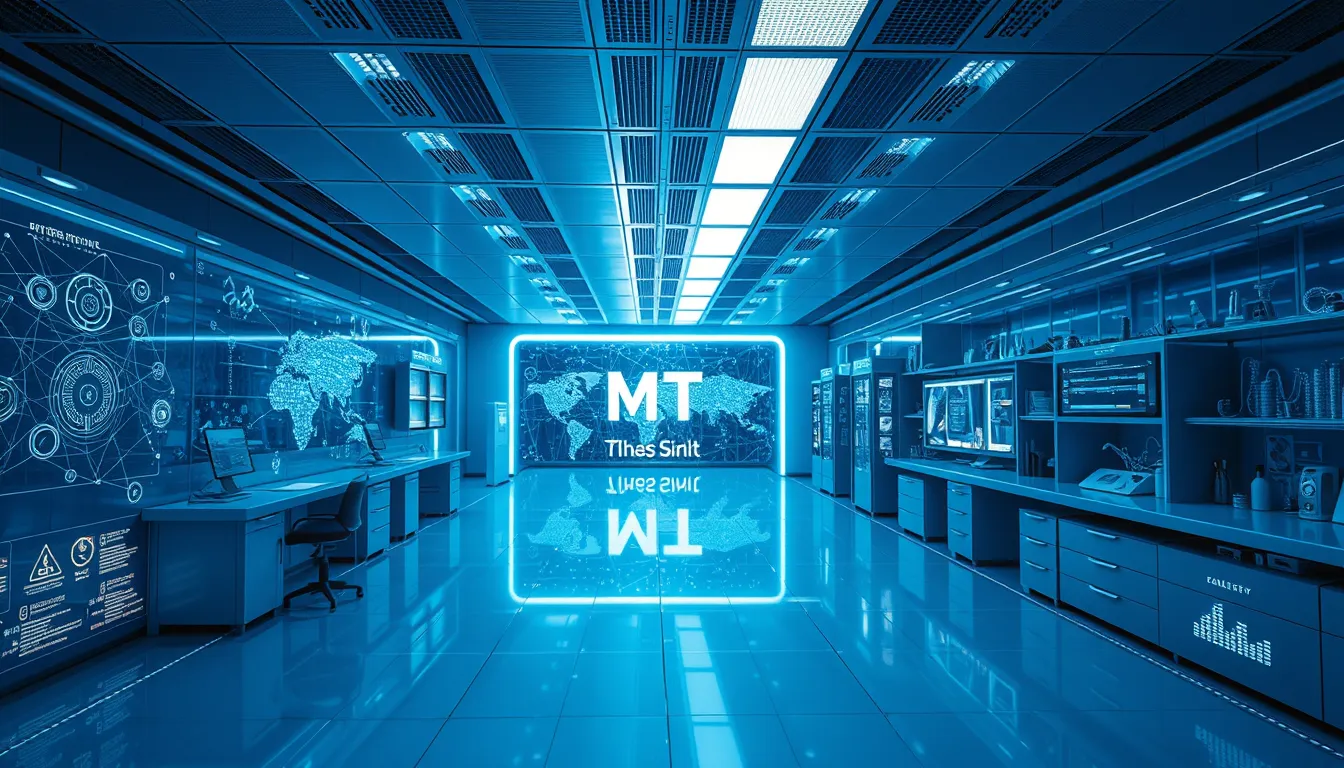Now Reading: Powerful AI in Healthcare Diagnostics: Boosting Patient Care
-
01
Powerful AI in Healthcare Diagnostics: Boosting Patient Care
Powerful AI in Healthcare Diagnostics: Boosting Patient Care

Powerful AI in Healthcare Diagnostics: Boosting Patient Care
The healthcare industry is experiencing a revolution due to technological advancements, with one of the most striking improvements being in the field of AI in healthcare diagnostics. This innovative approach is not only enhancing diagnostic accuracy but also transforming the way medical professionals predict, diagnose, and treat diseases.
The Rise of AI in Healthcare Diagnostics
In recent years, the integration of artificial intelligence into medical diagnostics has accelerated. AI in healthcare diagnostics is becoming a cornerstone of modern medicine, leveraging complex algorithms and machine learning to analyze medical data. This has paved the way for more accurate disease prediction, efficient patient management, and personalized treatment plans.
Key advantages of using AI in healthcare diagnostics include:
- Enhanced Accuracy: AI systems can analyze imaging data with remarkable precision, significantly reducing human error.
- Faster Diagnosis: Medical professionals can obtain quicker insights, enabling timely interventions and reducing waiting times.
- Predictive Analysis: With vast data sets, AI predicts disease progression, ensuring early detection and proactive treatment.
How AI Improves Diagnostic Accuracy
One of the primary benefits of AI in healthcare diagnostics is its ability to improve diagnostic accuracy. Traditional diagnostic methods sometimes struggle with identifying subtle patterns in complex imaging data. However, AI tools can detect these minute details with impressive accuracy, leading to early detection of conditions that might have been overlooked otherwise. This is especially crucial in areas such as oncology and cardiology, where early intervention can significantly improve patient outcomes.
The integration of AI software into medical imaging devices has also led to a surge in the adoption of AI medical imaging practices. Radiologists now use these advanced systems to interpret scans with a higher degree of reliability. For example, software developed by leading tech companies, including OpenAI, helps streamline image analysis processes. To learn more about technological advancements in healthcare IT, visit the official website of Health IT at Health IT.
The Role of AI in Disease Prediction
AI in healthcare diagnostics doesn’t stop at accurate detection; it extends its benefits to disease prediction as well. With the ability to analyze large datasets from patient records, wearable devices, and historical data, AI systems can forecast potential health risks and alert medical practitioners in time to take preventive measures. This shift from reactive to proactive healthcare is a game changer, ensuring that patients receive timely advice and interventions.
For instance, when AI detects patterns that indicate a risk for chronic diseases such as diabetes or heart disease, it urges healthcare providers to implement early preventive strategies. These strategies may include lifestyle modifications, more frequent monitoring, or even initiating early treatment measures. The comprehensive approach provided by AI in healthcare diagnostics thereby contributes significantly to lowering overall healthcare costs and improving patient outcomes.
Challenges and Future Prospects
Despite the remarkable benefits of AI in healthcare diagnostics, the path forward is not without challenges. Key considerations include data privacy, algorithm transparency, and integration with existing medical systems. For example, ensuring patient data security while sharing information across multiple platforms remains a significant hurdle. Additionally, continuous improvements in AI algorithms are necessary to maintain high diagnostic accuracy as medical knowledge evolves.
Looking ahead, it is clear that the future of AI in healthcare diagnostics is bright. Ongoing research and innovation will likely overcome the existing challenges, leading to even greater integration of AI into daily medical practice. Health professionals and technology experts are working together to refine these tools, ensuring that advancements are both ethically sound and practically beneficial.
Conclusion
AI in healthcare diagnostics is proving to be a transformative force in modern medicine. By providing enhanced accuracy in medical imaging, faster diagnosis, and effective disease prediction, these innovative tools are reshaping the landscape of patient care. With continued innovation and careful navigation of challenges, the integration of AI will undoubtedly lead to better patient outcomes and a more efficient healthcare system.
For further insights into AI and its advancements in medicine, consider exploring academic articles and industry reports available on trusted platforms, such as the National Institutes of Health website and research journals.
In summary, AI in healthcare diagnostics is not just a technological novelty, but a vital stepping stone towards a future where medicine is more precise, personalized, and proactive. Embracing these advancements today will pave the way for a healthier tomorrow.

























